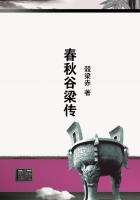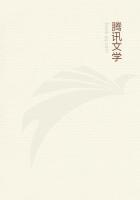A late incident in the history of a very widespread English novelist, triumphantly closed by the statement of his friend that the novelist had casually failed to accredit a given passage in his novel to the real author, has brought freshly to my mind a curious question in ethics.
The friend who vindicated the novelist, or, rather, who contemptuously dismissed the matter, not only confessed the fact of adoption, but declared that it was one of many which could be found in the novelist's works. The novelist, he said, was quite in the habit of so using material in the rough, which he implied was like using any fact or idea from life, and he declared that the novelist could not bother to answer critics who regarded these exploitations as a sort of depredation. In a manner he brushed the impertinent accusers aside, assuring the general public that the novelist always meant, at his leisure, and in his own way, duly to ticket the flies preserved in his amber.
I.
When I read this haughty vindication, I thought at first that if the case were mine I would rather have several deadly enemies than such a friend as that; but since, I have not been so sure. I have asked myself upon a careful review of the matter whether plagiarism may not be frankly avowed, as in nowise dishonest, and I wish some abler casuist would take the affair into consideration and make it clear for me. If we are to suppose that offences against society disgrace the offender, and that public dishonor argues the fact of some such offence, then apparently plagiarism is not such an offence; for in even very flagrant cases it does not disgrace. The dictionary, indeed, defines it as "the crime of literary theft"; but as no penalty attaches to it, and no lasting shame, it is hard to believe it either a crime or a theft; and the offence, if it is an offence (one has to call it something, and I hope the word is not harsh), is some such harmless infraction of the moral law as white-
lying.
The much-perverted saying of Moliere, that he took his own where he found it, is perhaps in the consciousness of those who appropriate the things other people have rushed in with before them. But really they seem to need neither excuse nor defence with the impartial public if they are caught in the act of reclaiming their property or despoiling the rash intruder upon their premises. The novelist in question is by no means the only recent example, and is by no means a flagrant example. While the ratification of the treaty with Spain was pending before the Senate of the United States, a member of that body opposed it in a speech almost word for word the same as a sermon delivered in New York City only a few days earlier and published broadcast. He was promptly exposed by the parallel-column system; but I have never heard that his standing was affected or his usefulness impaired by the offence proven against him. A
few years ago an eminent divine in one of our cities preached as his own the sermon of a brother divine, no longer living; he, too, was detected and promptly exposed by the parallel-column system, but nothing whatever happened from the exposure. Every one must recall like instances, more or less remote. I remember one within my youthfuller knowledge of a journalist who used as his own all the denunciatory passages of Macaulay's article on Barrere, and applied them with changes of name to the character and conduct of a local politician whom he felt it his duty to devote to infamy. He was caught in the fact, and by means of the parallel column pilloried before the community. But the community did not mind it a bit, and the journalist did not either. He prospered on amid those who all knew what he had done, and when he removed to another city it was to a larger one, and to a position of more commanding influence, from which he was long conspicuous in helping shape the destinies of the nation.

